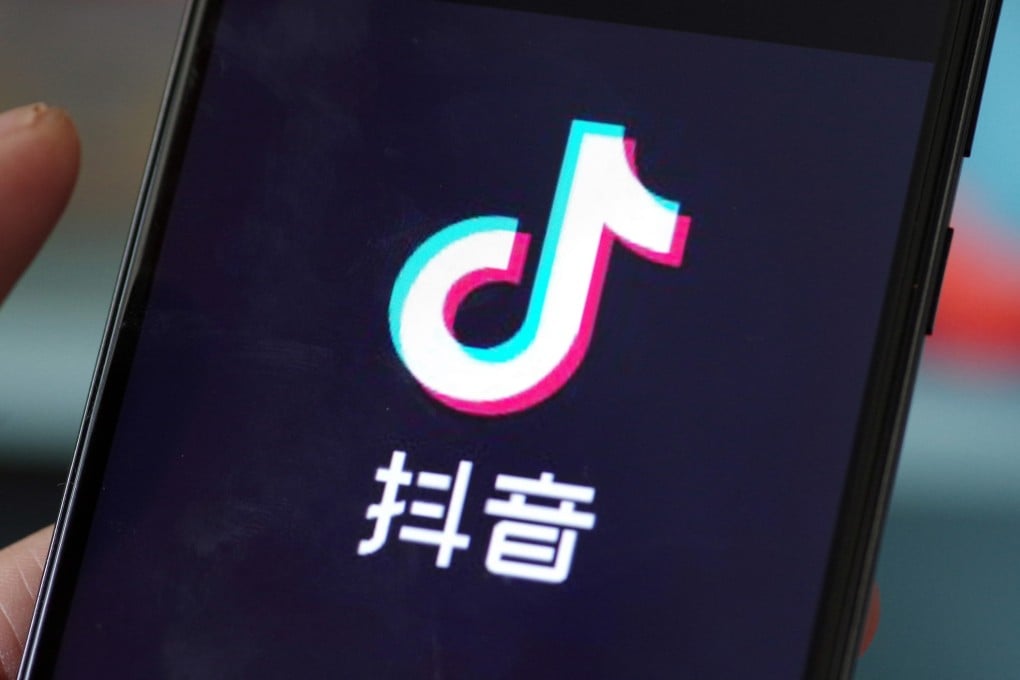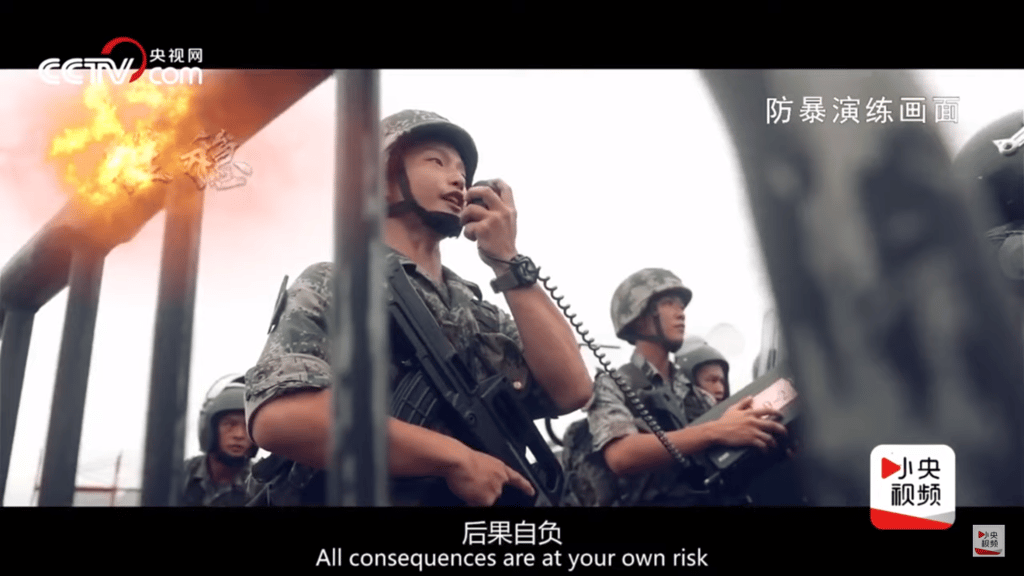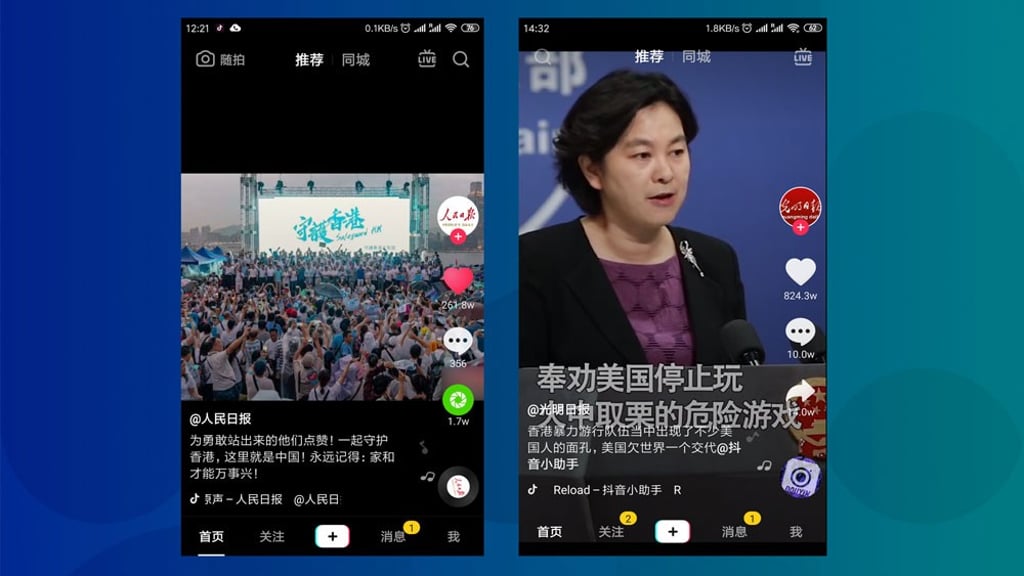Advertisement
In China, TikTok is another tool for the government to spread its message
Promo video of a Chinese military drill in Hong Kong started making the rounds on patriotic sections of China’s TikTok
Reading Time:3 minutes
Why you can trust SCMP
0

This article originally appeared on ABACUS
The first thing Jeffrey Ding saw when he opened his new account on the Chinese version of TikTok, known as Douyin, was a video of the Chinese army seemingly attacking protesters on the streets in Hong Kong.
TikTok, the viral short video sensation, has its roots in China
The muscle-flexing promo shoot featuring an anti-riot drill was released this week by the People's Liberation Army Hong Kong garrison after weeks anti-government protests in the city. Inside the special administrative region, many saw it as saber rattling. In the parallel universe of Douyin, however, the short video got 88 million likes.

In the West, ByteDance-owned TikTok is usually seen as goofy fun for tweens wanting to shoot videos of themselves singing along to their favorite pop stars. In China, things are a little different.
China’s viral king ByteDance is the first major Chinese tech player that made a mark on the world
Douyin still has the silly dance moves, comical skits and stunts. But over the last few years, dozens of state-owned media outlets like People’s Daily and China Daily have created their own accounts. So have government agencies, including police and military outposts, giving them an outlet to directly share their own points of view.
Among short videos of teenage lip-syncers and farmers doing the robot dance, you’re now likely to stumble across statements from Chinese government supporters or speeches from Chinese Ministry of Foreign Affairs spokeswoman Hua Chunying accusing the US of playing a role in the Hong Kong anti-extradition protests.

And as it usually goes with social media, sharing and liking certain types of content only surfaces more of the same. A few swipes may lead not only to videos of officials explaining the latest government directives, but also to Chinese military officials claiming jurisdiction over disputed islands in the South China Sea.
Advertisement